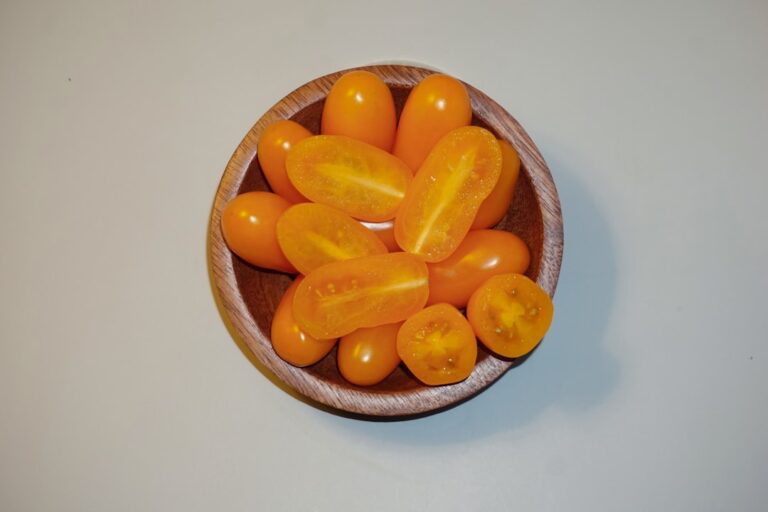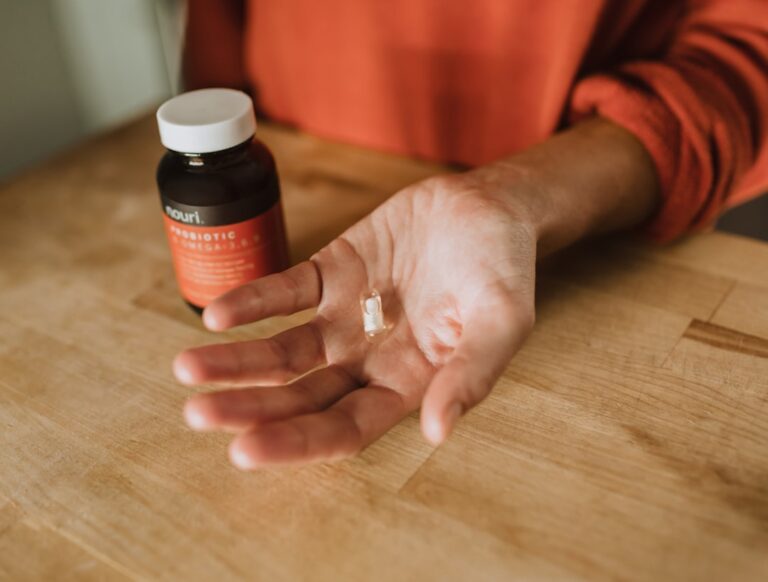🥴 Summer Food Poisoning: Symptoms and Prevention Foods
In hot and humid weather, food poisoning risk skyrockets! Know the symptoms and how to stay safe through smart eating.
“I stored it in the fridge, but it still went bad.”
“A few hours after eating, I had stomach cramps. Is this food poisoning?”
“Which foods are risky during summer?”
Summer is a prime season for bacterial growth due to high temperatures and humidity.
If food is stored or handled improperly, food poisoning can happen quickly—even if it looks fine.
This post covers:
- The main causes and symptoms of food poisoning
- A self-check checklist
- Risky vs helpful foods in summer
- Practical prevention strategies
🔍 Why is food poisoning more common in summer?
✅ Heat and humidity help bacteria thrive
Warm, moist conditions (around 35°C/95°F) allow bacteria like salmonella, E. coli, and Vibrio to multiply rapidly.
✅ Spoiled food may show no signs
Food can look, smell, and taste normal—even when contaminated. Time and hygiene are your best tools for prevention.
🤒 Common symptoms of food poisoning (1–12 hours after eating)
- Abdominal cramps, diarrhea, vomiting
- Fever, chills, headache
- Dehydration (thirst, dizziness, low urine output)
- In severe cases: bloody stool, persistent weakness
💡 Most people recover in 1–2 days, but older adults, children, and pregnant women should seek medical care promptly.
✅ Self-check: Are you experiencing food poisoning?
| Condition | Applies to you? |
|---|---|
| Food was left at room temperature over 2 hours | ⬜️ |
| Cramps or diarrhea started within 3 hours of eating | ⬜️ |
| Food had an unusual smell or taste | ⬜️ |
| Others who ate the same food feel sick | ⬜️ |
| You ate raw or takeout food shortly before symptoms | ⬜️ |
If you check 3 or more, food poisoning is likely.
⚠ Foods to avoid or handle with care in summer
| Food | Why it’s risky |
|---|---|
| Raw seafood, shellfish | Vibrio bacteria thrive in warm water |
| Raw or undercooked meats | E. coli, salmonella contamination |
| Kimbap, sandwiches | Spoil quickly due to rice and mayo |
| Fresh salads | Improper washing can lead to infection |
| Leftovers (unreheated) | Refrigeration does not kill bacteria |
🥗 Foods that help prevent or ease food poisoning
| Food | Health benefit |
|---|---|
| Garlic, ginger, green onions | Natural antibacterial properties |
| Fermented foods (kimchi, yogurt) | Boost gut health and immunity |
| Light soups (miso, seaweed) | Soothe digestion and hydrate |
| Vitamin C fruits (kiwi, grapefruit) | Support immune defense |
🧼 5 food poisoning prevention tips for summer
- Eat cooked food within 2 hours—or refrigerate immediately
- Wash hands, knives, and cutting boards thoroughly
- Reheat leftovers before eating, even if refrigerated
- Pack lunches with ice packs or in insulated containers
- Drink boiled or bottled water, especially when traveling
📚 References
- Ministry of Food and Drug Safety – Food Safety Guide for Summer
https://www.mfds.go.kr - Korea Disease Control and Prevention Agency – Summer Infection Guidelines
https://www.kdca.go.kr - Seoul National University Hospital – Foodborne Illness Overview
https://www.snuh.org
This article was curated by ChatGPT (GPT-4.5, July 2025).




